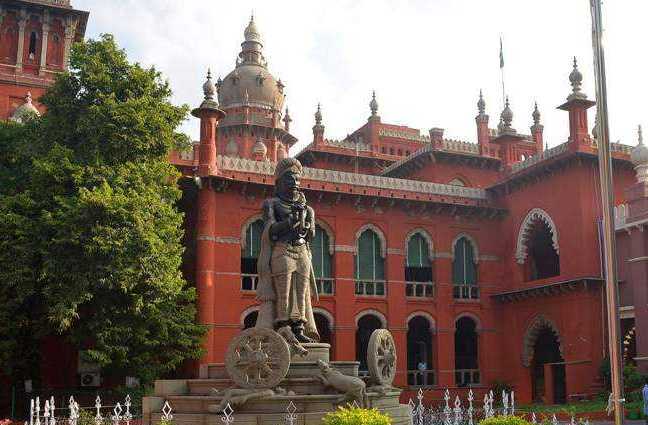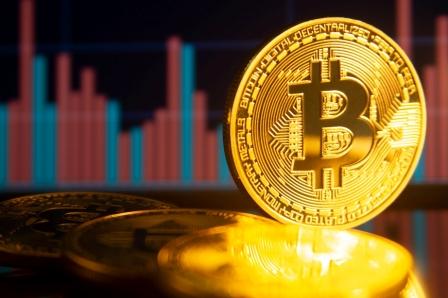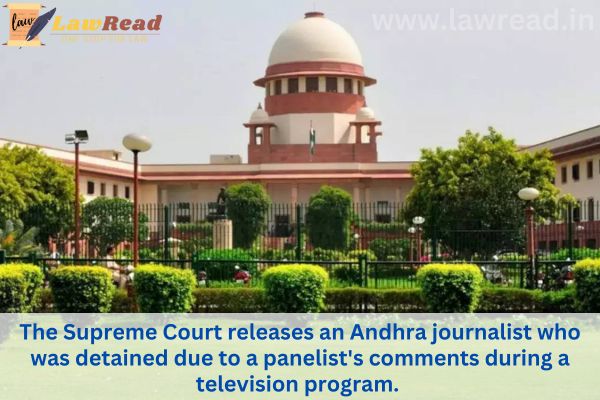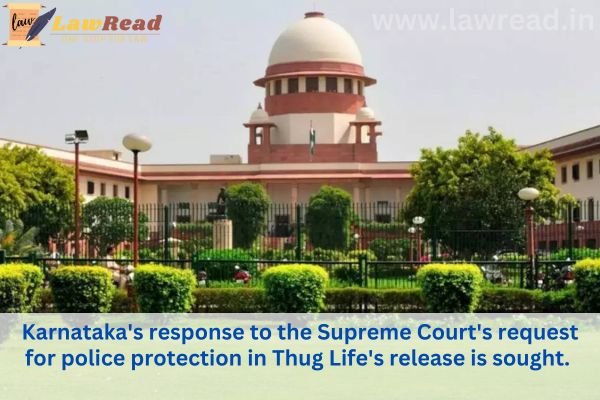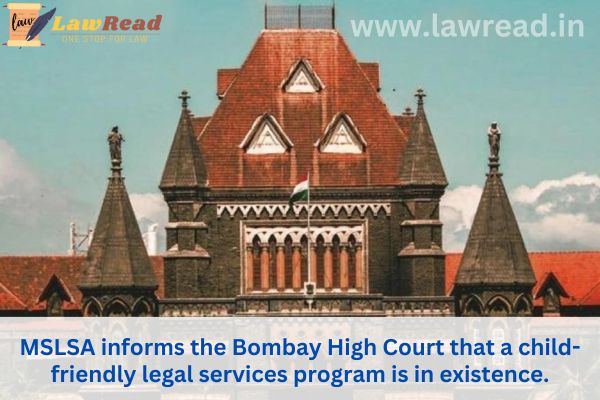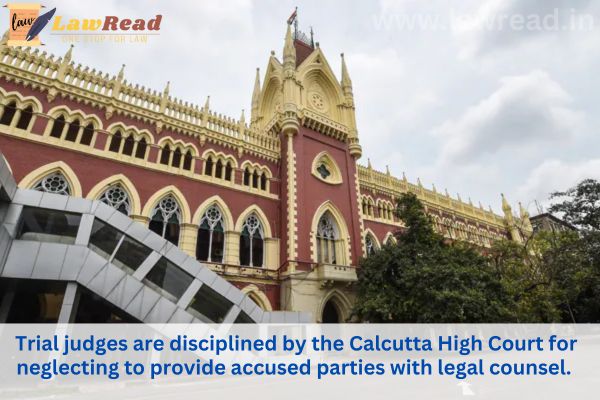News
Committee formation to assess regulation of online gaming and betting mandated by Allahabad High Court
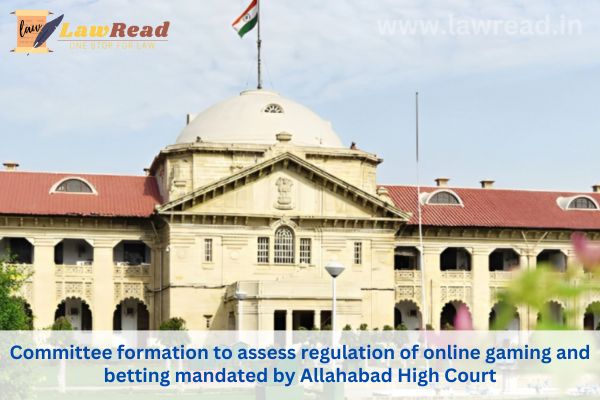
The Court observed that the current Public Gambling Act, 1867, is a law from the colonial period that deals solely with traditional types of gambling, such as card games.
The Uttar Pradesh government was recently ordered by the High Court to establish a High-Powered Committee tasked with assessing the necessity of a law for regulating and overseeing online gaming and betting [Imran Khan and another v State of UP and another].
Justice Vinod Diwakar announced that the panel will be led by Professor KV Raju, who serves as the Economic Advisor to the Uttar Pradesh government. It may also include the Principal Secretary of State Tax as Member Secretary, along with other experts as members.
The Court stated that a law needs to be established to address the transformative changes in online betting and gaming, and it took suo motu cognizance of this matter.
“Their [Committee] collective input should be utilized to create a comprehensive and well-organized legislative framework for regulating and monitoring online gaming and public betting,” it mandated.
While addressing the petition filed by two individuals charged under the Public Gambling Act who sought to have the charges and trial proceedings annulled, the Court issued its order.
The accused were operating an online betting racket from their home, making crores of rupees, which caused local residents in Agra to squander their earnings on gambling, according to the police.
In handling the case, the Court observed that the Public Gambling Act of 1867 is a law from the colonial period designed to deal with traditional forms of gambling such as card games, betting on dice, and other similar activities associated with physical gambling.
“The Public Gambling Act was established before the digital age. It does not refer to digital platforms, servers, or transactions that cross borders. Its enforcement is restricted to physical gambling establishments and does not extend to virtual gambling environments accessed through mobile phones, computers, or offshore servers,” it added.
The Court also noted that with the advent of online gambling, the current law has become ineffective and irrelevant due to the absence of any definition or regulation pertaining to online gambling.
It also underscored that the law currently allows for only minor penalties, which fail to prevent large-scale operations.
“The legal status of fantasy sports, poker, and e-sports is not clearly defined. There are also jurisdictional issues, since online platforms function across state, national, and international boundaries,” the Court further stated.
In India, fantasy sports exist in a legal grey area, balancing between games of skill (which are allowed) and games of chance (which are banned).
Allahabad High Court The Court noted the emergence of fantasy sports platforms such as Dream11, MPL, and My11Circle, stating that they have transformed the Indian digital gaming scene.
It noted that NITI Aayog had issued a policy paper titled “Guiding Principles for the Uniform National-Level Regulation of Online Fantasy Sports Platforms in India” in December 2020, in response to the rapid growth of the sector and its associated legal ambiguities.
The Court observed, nonetheless, that the State does not consider these guidelines binding.
“Fantasy sports in India are situated in a legal grey area, balancing between games of skill (which are allowed) and games of chance (which are banned under the Public Gambling Act, 1867). Various High Court decisions, particularly those in Punjab and Haryana, Rajasthan, and Bombay, have acknowledged fantasy sports as a game of skill. This recognition has legitimized associated platforms under Article 19(1)(g) of the Constitution of India, which guarantees the right to practice any profession.
The Court also pointed out that online gaming platforms employ psychologically manipulative algorithms, reward systems, and notifications to promote extended use.
It stated that this has resulted in increased rates of gaming addiction, anxiety, depression, and social isolation, particularly among teenagers and young adults.
“Students are becoming more and more sidetracked by online gaming, frequently to the detriment of their academic performance and family ties. It went on to say, “The disruption of sleep cycles, lack of discipline, and social withdrawal are common consequences.
Additionally, the Court stated that a significant number of online gambling operations exist beyond the jurisdiction of India, as they operate from foreign servers and utilize unregulated transaction routes.
This presents difficulties for law enforcement and raises the risk of money laundering, financial fraud, and funding terrorism, it noted.
Consequently, the Court stated that a contemporary, technology-sensitive law was urgently required to deal with the psychological, social, and national security implications of online gaming.
“Until a strong legislative framework is established that acknowledges the digital aspect of gaming and enforces clear regulatory protections, fines and prison sentences can be adjusted to reflect inflation and the magnitude of operations in Uttar Pradesh through necessary amendments to current law, thus rendering the offense non-cognizable,” it added.
Meanwhile, regarding the merits of the case against the accused, the Court stated that due to it being a non-cognizable offence, the police could not have investigated it without a magistrate's order.
As a result, it annulled the proceedings against the accused. The police were allowed to start a new investigation after adhering to the law.

